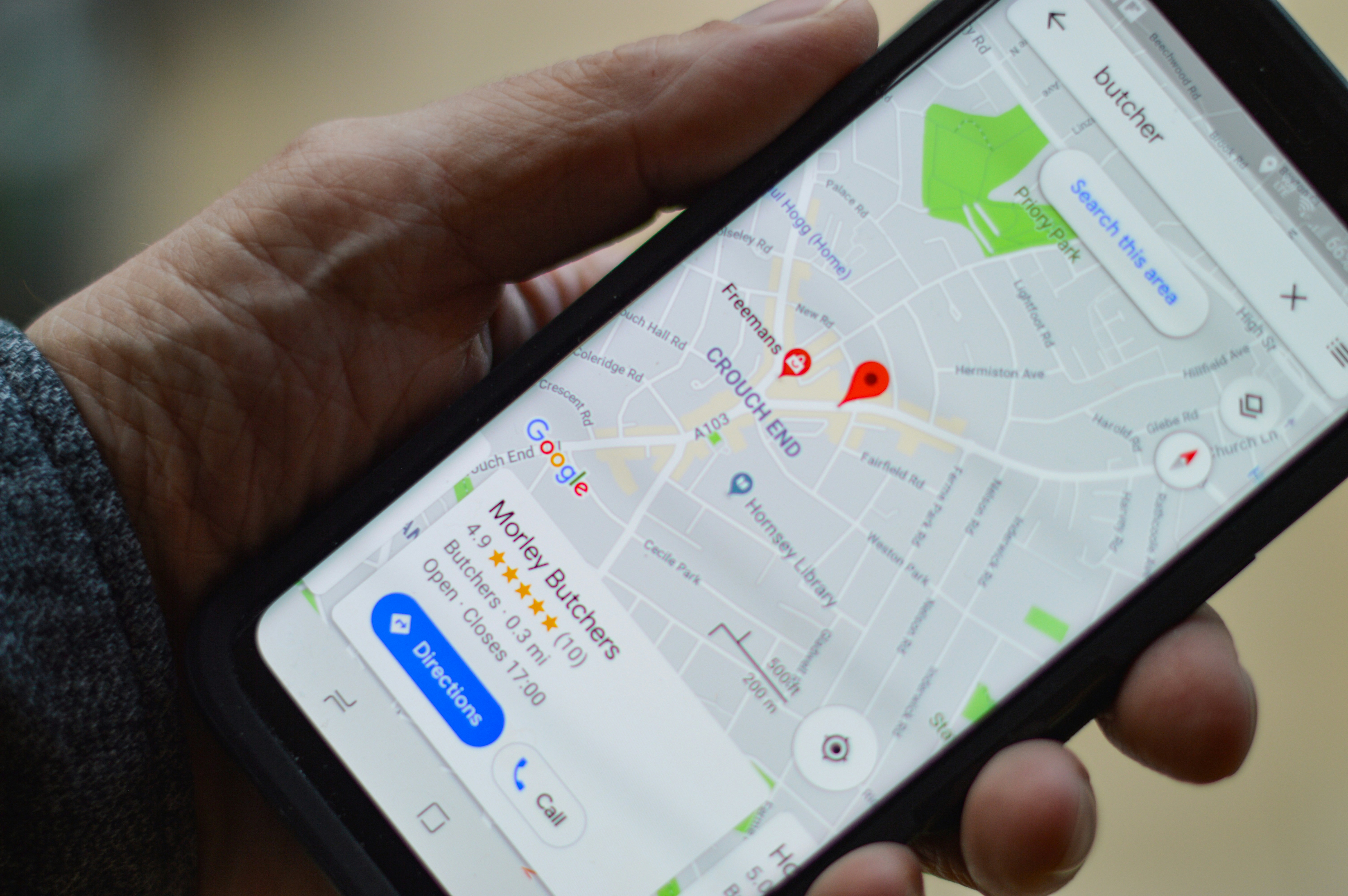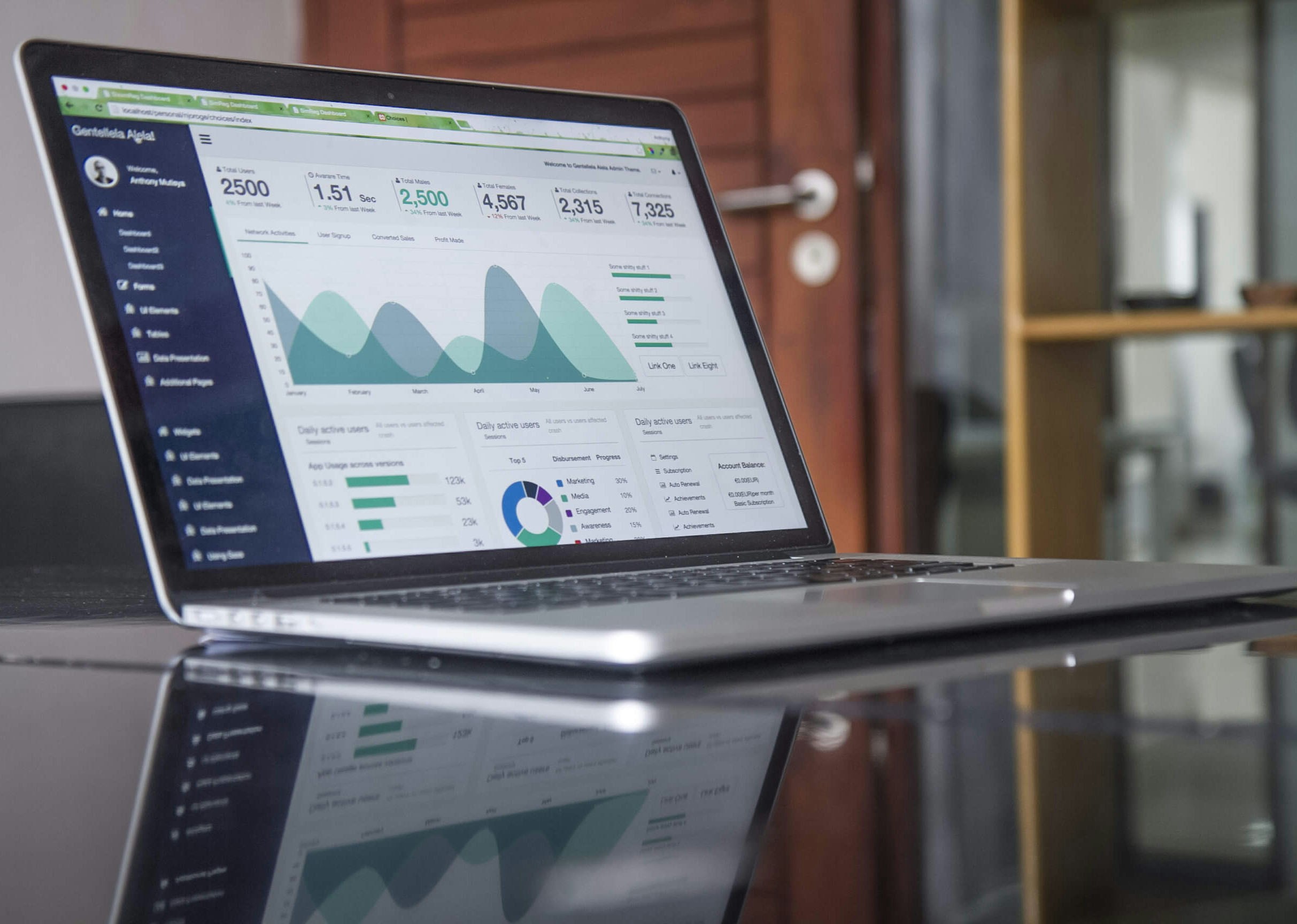
What Is Local SEO and Why It’s Important
In today's digital landscape, being visible to your local community online can make a significant difference in driving traffic and conversions. This comprehensive guide will walk you through the fundamentals of local SEO, from optimizing your site and content for local searches to utilizing the best tools and strategies to outperform your competition. Whether you’re just starting out or looking to refine your approach, this content is your gateway to mastering Local SEO.

What is Local SEO?
Local SEO refers to the optimization of your website to rank higher in searches in specific locations (E.g. ranking higher for “photographers in Houston” when our main clientele is in Houston). Whether you're aiming to stand out in state-wide searches or want to be the top choice in your city, understanding local SEO is crucial. This form of SEO helps businesses promote their products and services to local customers when they're looking for them online.
Difference Between Local SEO and SEO
While local SEO and general SEO share the common goal of boosting your site’s visibility in online search results, local SEO zeros in on capturing the attention of audiences in specific locations This strategy involves:
Keyword Focus: Local SEO emphasizes keywords that are relevant to local customers and often include geographic locations.
Regional Trends: It taps into local trends and demands, ensuring that the content resonates with regional preferences.
Google Business Profile: Google Business Profiles are optimized to feature prominently in local search results and on Google Maps, providing essential business details like location, hours, and services.
Example of Local SEO
Imagine you own a gym in Noblesville, Indiana. To increase online visibility among locals, you might include "Noblesville" in your page title, meta descriptions, headers, and the body of your website. It’s about making it clear to Google and potential customers exactly where you are located and who you serve.
As your business expands to nearby suburbs such as Carmel, Westfield, and Fishers, your strategy should adapt too. This could involve adding these cities to your existing content, creating specific pages for each location, or even targeting the broader region of Hamilton County, Indiana. The goal is to tailor your web presence so that it aligns with where your customers are and continues to climb in local search rankings.

Why Optimizing for Local SEO Strategy is Important
For businesses aiming to attract customers from specific locations, local SEO is not just beneficial; it’s essential. This is especially true for smaller businesses, as it allows them to compete effectively against larger companies. Larger entities often serve multiple locations and may not have the time or inclination to optimize their web presence for each specific area. By honing in on local SEO, smaller businesses can gain a significant edge in:
Local Visibility: Ensuring your business appears in local search results can directly influence foot traffic and conversions.
Competitive Advantage: By focusing on specific locations you can outrank competitors who might overlook or generalize their SEO strategies across multiple regions.
Community Connections: Local SEO helps you connect with your community by aligning your services and products with local needs and interests, creating a stronger local customer relationship.
How do I Track My Local SEO Efforts?
Monitoring the effectiveness of your Local SEO strategy is crucial to understanding its impact and refining your tactics. The best way to track your local SEO efforts is to use some of the numerous SEO tools that are available to help you track your SEO performance.
These tools often provide a dashboard that offers insights at a glance, including keyword rankings, traffic volumes, and engagement metrics specific to your area. Since there's a wide variety of SEO tools available, it's important to try different ones to find the one that best fits your business needs. This might involve testing tools that specifically cater to local businesses or those that are more generalized but offer local tracking capabilities.
I will dive into specific SEO tools that are particularly effective for local tracking, highlighting their strengths and how they can be leveraged to maximize your local SEO results.

Tools That Help With Local SEO
Optimizing your website for local search requires the right set of tools. From free options that cover the basics to comprehensive paid solutions that offer in-depth insights, the right tools can dramatically improve the efficiency and effectiveness of your local SEO efforts. Here’s a look at some key tools that can help:
Paid SEO Tools that Can Do It All: Ahrefs and Semrush
Ahrefs: This tool is known for its powerful backlink analysis capabilities, keyword research, and competitive analysis, which can be invaluable for local SEO as you work to outpace local competitors.
Semrush: Offers a suite of features including local SEO tracking, on-page SEO analysis, and Google My Business (GMB) optimization insights. This tool is particularly helpful for monitoring and improving your local search presence.
You really can’t go wrong with either tool as both Ahrefs and Semrush can do it all SEO-wise. The major con with these tools is easily the price, as both can cost a hefty amount even for their lowest tiers.
Free SEO Tool for Keyword Research: Google Keyword Planner
Ideal for finding local-specific keywords, Google Keyword Planner allows you to filter keyword searches based on geographical locations. This feature helps in pinpointing what potential customers in your area are searching for, making it easier to target your content effectively.
Free SEO Tool for Checking Website Traffic Data: Google Search Console
An essential tool for any SEO toolkit, Google Search Console helps you monitor how your site performs in Google searches. It provides data on search queries, how often your site appears, click-through rates, and much more. For local SEO, it’s invaluable for seeing how well your site is performing in Google search.
Free SEO Tool for Creating Content: ChatGPT
Leveraging AI for content creation can streamline your content development process significantly. ChatGPT can help generate SEO-friendly content that’s tailored to your local audience, suggest topics based on trends, and even help with meta descriptions and titles optimized for local SEO.
Using these tools effectively can lead to significant improvements in your local search rankings. Each tool brings something unique to the table, from deep analytical capabilities to creative content generation, helping you to enhance your online visibility within your targeted local area.

How to Optimize Your Site for Local SEO
Optimizing your website for local search is a strategic process that involves several actions to enhance your visibility and relevance in your specific area. This is called a local SEO audit. Below is a quick step-by-step guide on how to do a local SEO audit to ensure your site is well-optimized.
How to Conduct a Local SEO Audit
Google Business Profile Audit: Ensure that your Google Business Profile is fully optimized. This includes checking if your business name, address, and phone number are accurate and consistent across all listings. Review categories, business descriptions, operating hours, and photos to ensure they are current and reflect your business accurately. Responding to reviews and adding new posts regularly can also enhance your profile's performance.
Localize Your Core Website Pages: Start with your main pages like Home, About Us, and Contact Us. Ensure that your address, phone number, and business hours are clearly displayed and consistent across these pages. Include region-specific keywords naturally in your content to help Google understand where your business is located and who your local audience is.
Optimize Your Content: If your website has a blog, tailor your content to include local topics that resonate with your audience. This not only boosts your local search relevance but also helps engage your community more directly. Use local keywords strategically in your titles, headers, meta descriptions, and throughout your content. For example, “10 date ideas” vs. “10 date ideas for Naperville residents”.
Conduct a Competitor Analysis: Look at what your local competitors are doing to rank in search results. Identify the keywords they are targeting, the type of content they produce, and how they engage with local customers. This will give you insights into local market trends and what works.
Analyze Your Local Backlinks: Check the quality and quantity of your local backlinks. Links from local newspapers, blogs, and business associations can significantly improve your local search visibility.
By implementing these strategies, you can effectively tell search engines precisely where you are located and what you offer, making it easier for local customers to find you. Regularly updating your content and keeping your listings accurate are also key to maintaining and improving your local search presence.

When Should I Consider Hiring a Local SEO Expert?
While SEO is (in my opinion) pretty easy to get started in, it can easily get overwhelming and some mistakes can cost you a lot of lost time and results. Here are some indicators that it might be time to hire a local SEO expert:
Time Constraints: If you find that the demands of running your business leave little time to stay updated on the latest SEO strategies and trends, it might be time to hire an expert. Local SEO requires ongoing effort and adjustments based on analytical insights, which can be time-consuming.
Feeling Overwhelmed: While basic SEO principles are accessible, the field can quickly become overwhelming due to the depth of knowledge required to effectively compete. SEO mistakes can lead to significant setbacks, such as penalties from search engines or lost traffic due to inefficiencies in your strategy.
If you're hesitant about committing to a long-term engagement with an SEO expert, starting with a consultation or a small project can be a good start. This allows you to build trust and assess the expert’s capability and compatibility with your business needs without a significant upfront investment.
Hiring a professional can bring a level of expertise and insights that not only safeguard you against common pitfalls, but also enhance your efforts in ways that significantly improve your local search visibility and business growth.
Talk to an Expert About Local SEO
If you're ready to take your local SEO to the next level and prefer a tailored approach that aligns closely with your business goals, consider reaching out to a local SEO consultant. Kai offers a unique blend of strategic insight and personalized service, ensuring that each aspect of your local SEO campaign is handled with expert care. Whether you're just starting out or looking to enhance an existing strategy, Kai is equipped to help you achieve your objectives.
Investing in professional SEO services can be a game changer for your business. By partnering with an expert, you can focus more on running your business while confident that your online presence is optimized to attract and engage your local audience.
